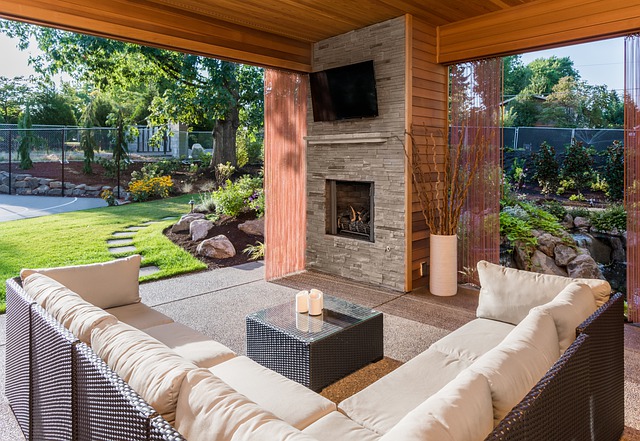Introduction
Capital expenditures in real estate refer to significant investments made to acquire, improve, or maintain a property. These expenditures are typically long-term in nature and are aimed at enhancing the property’s value, extending its useful life, or increasing its income-generating potential. In this article, we will explore the various aspects of capital expenditures in real estate and their significance in property ownership and management.
Understanding Capital Expenditures
Definition: Capital expenditures, often abbreviated as CapEx, are expenditures made by real estate owners or investors to acquire, improve, or maintain a property. These expenditures are considered long-term investments as they provide lasting benefits to the property.
Types of Capital Expenditures: Capital expenditures in real estate can be classified into three main categories:
1. Acquisition CapEx: These are expenditures incurred when purchasing a property. They include costs such as the purchase price, legal fees, title insurance, and any other expenses directly related to the acquisition.
2. Improvement CapEx: These expenditures are made to enhance the property’s value, functionality, or aesthetics. Improvement CapEx may include renovations, repairs, additions, or upgrades to the property. Examples of improvement CapEx projects include installing a new roof, upgrading the HVAC system, or remodeling the interior space.
3. Maintenance CapEx: Maintenance CapEx refers to ongoing expenses required to keep the property in good condition and ensure its long-term viability. These expenses may include routine maintenance, repairs, and replacements of components such as plumbing, electrical systems, or landscaping.
Significance of Capital Expenditures
Property Value: Capital expenditures play a crucial role in increasing the value of a property. By making strategic investments in improvements and maintenance, property owners can enhance the property’s market appeal, attract higher-quality tenants, and command higher rental or sale prices.
Asset Longevity: Capital expenditures are essential for extending the useful life of a property. Regular maintenance and timely repairs can prevent small issues from escalating into major problems, thereby preserving the property’s structural integrity and functionality.
Income Generation: Well-planned improvement CapEx projects can significantly impact a property’s income-generating potential. For example, upgrading an outdated office space with modern amenities can attract higher-paying tenants, resulting in increased rental income.
Conclusion
Capital expenditures in real estate encompass the significant investments made to acquire, improve, or maintain a property. These expenditures are vital for increasing property value, extending asset longevity, and maximizing income generation. Whether it is acquiring a property, making improvements, or ensuring regular maintenance, capital expenditures are an integral part of real estate ownership and management.
References
– Investopedia: www.investopedia.com/terms/c/capitalexpenditure.asp
– The Balance: www.thebalance.com/capital-expenditures-capex-what-you-need-to-know-4171053
– BiggerPockets: www.biggerpockets.com/rei/capital-expenditures-real-estate-investing













